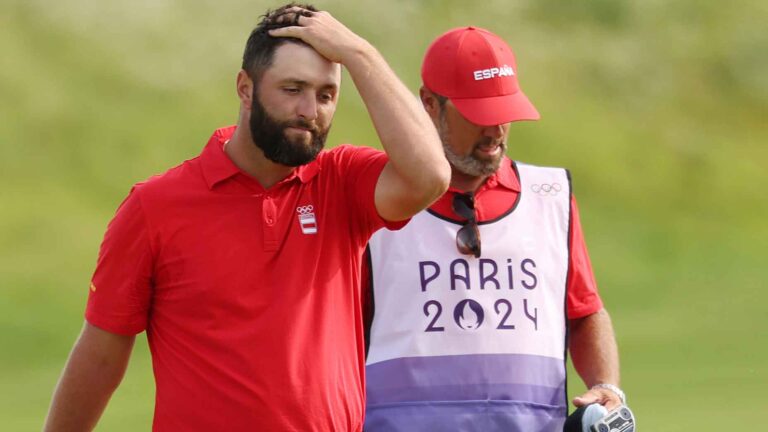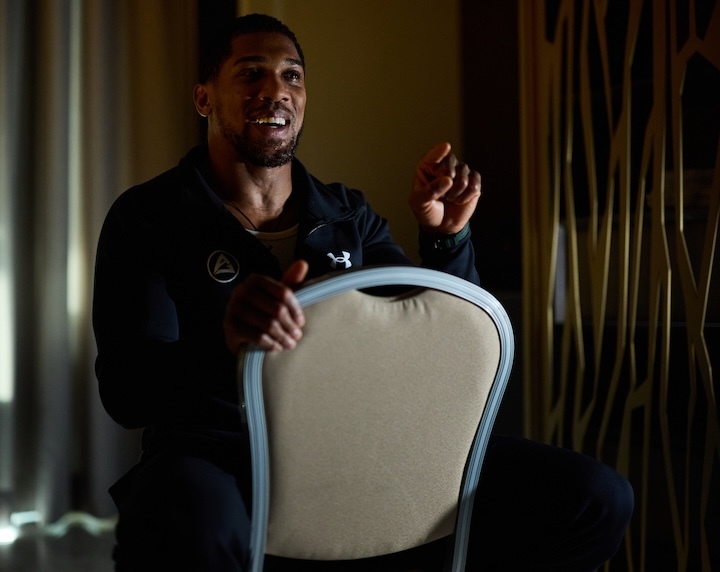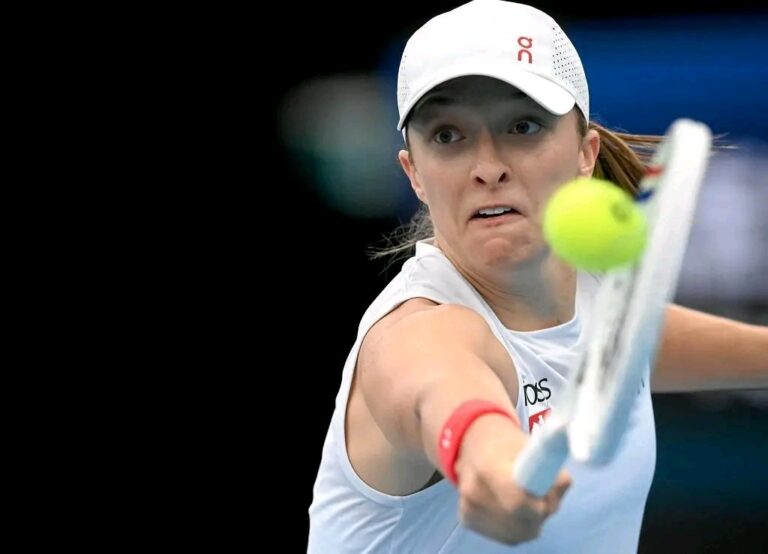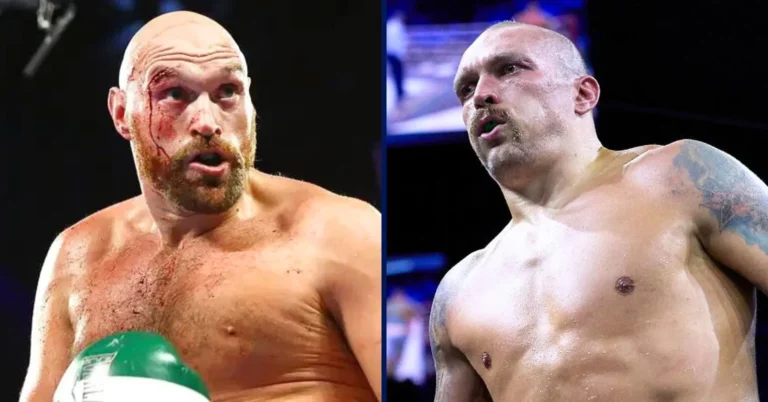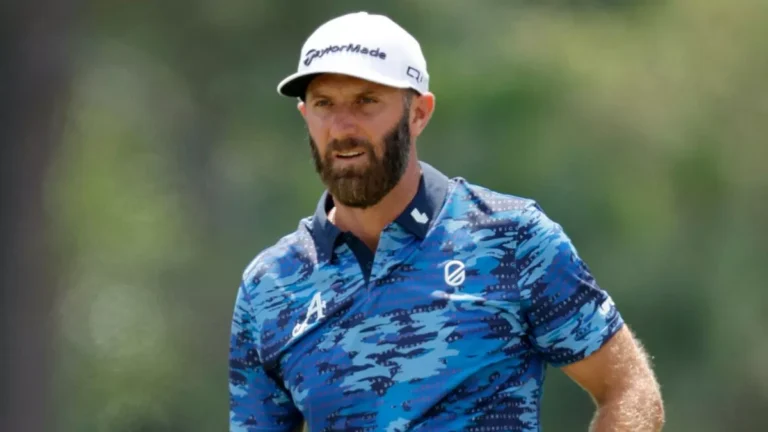Jon Rahm explains why missing out on a medal at the Olympics was ‘a lot more painful’ than he imagined
Jon Rahm’s Olympic Dream Derails: A Painful End to a Promising Week
Jon Rahm, one of golf’s most talented and promising stars, experienced a crushing disappointment during the final round of the Olympic golf tournament in Paris. Leading the competition overnight with high hopes for a medal, Rahm’s final round performance was marred by a series of missteps that led to a heartbreaking finish. Despite his best efforts, Rahm’s one-under-par score of 70 in the final round was not enough to secure a spot on the podium, leaving him two shots shy of the medal places.
The back nine of Rahm’s final round proved particularly problematic. After a strong start, the momentum seemed to slip away as he struggled to regain his form. The culmination of a challenging round saw Rahm watching from the sidelines as Scottie Scheffler, who had started the day behind him, clinched the gold medal with a performance that left Rahm in his wake. The weight of the missed opportunity was especially heavy for Rahm, who had been in prime position to claim a medal and bring honor to his home country of Spain.
In the aftermath of the tournament, Rahm openly expressed the depth of his emotional turmoil. The Olympics, unlike other golf tournaments, carries no monetary reward but holds immense symbolic value as a platform to represent one’s country on a global stage. This unique aspect made Rahm’s failure to secure a medal feel especially poignant. Speaking candidly about the experience, Rahm revealed that the disappointment he felt was far greater than he had anticipated.
“I don’t remember the last time I played a tournament and I felt this— I don’t know what the word is,” Rahm said, reflecting on the emotional impact of his loss. “I not only feel like I let myself down but also that I failed to deliver for the whole country of Spain. It’s a lot more painful than I would have liked it to be.” Rahm’s words conveyed a deep sense of regret and personal failure, emphasizing the significance he placed on representing Spain with distinction.
In his reflections, Rahm acknowledged that the loss provided him with a profound understanding of the Olympic tournament’s importance. “I’ve gotten the question about where this tournament ranks for me or how it would feel to win a medal, and I think by losing today, I’m gaining a much deeper appreciation for what this tournament means to me,” he remarked. “I’m getting a taste of how much it really mattered.”
Rahm’s sense of honor in representing Spain is evident in his numerous appearances at international events. However, the sting of this particular failure highlighted just how much he valued the opportunity to compete at the Olympics. The emotional weight of the experience underscored the tournament’s special place in his heart, a sentiment that became starkly apparent through his disappointment.
Despite his recent success on the LIV Golf circuit, where he secured a win just the previous week, Rahm’s experience in Paris served as a reminder of the significance of major events. The Olympic tournament’s absence of financial incentives did not diminish its emotional impact, illustrating the profound nature of Rahm’s connection to representing his country on such a prestigious stage.
The experience in Paris might also serve as a catalyst for change in the golf world. The ongoing rift between LIV Golf and the PGA Tour has created a divided landscape in professional golf. Rahm’s heartfelt reflections on the importance of the Olympics underscore the need for unity within the sport. If the sport’s governing bodies can find a way for LIV and the PGA to coexist, it could pave the way for more moments of profound significance, like those witnessed during the Olympic games.
As golf continues to evolve, the lessons learned from Rahm’s Olympic experience may contribute to a broader discussion about the future of the sport. The possibility of more weekends filled with meaningful competitions and unifying events remains an intriguing prospect, one that could enhance the sport’s appeal and bring a renewed sense of purpose to its players and fans alike.
